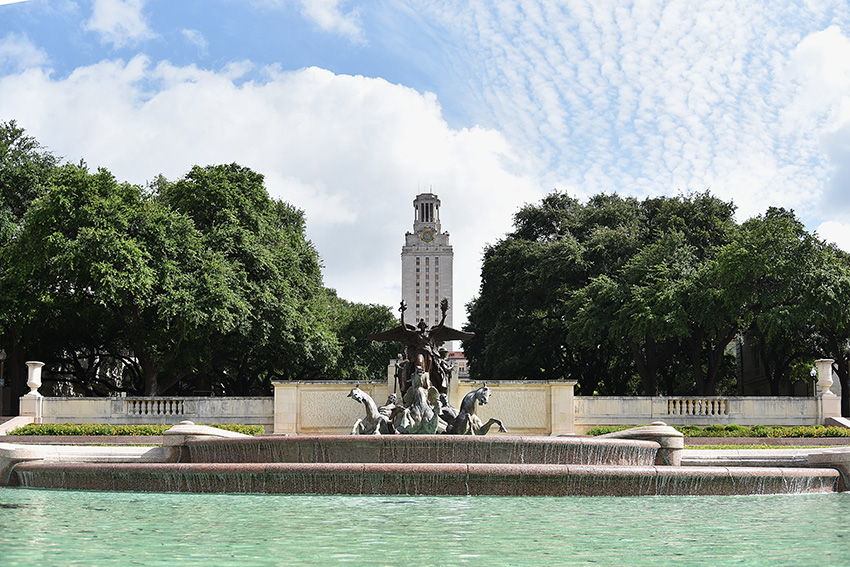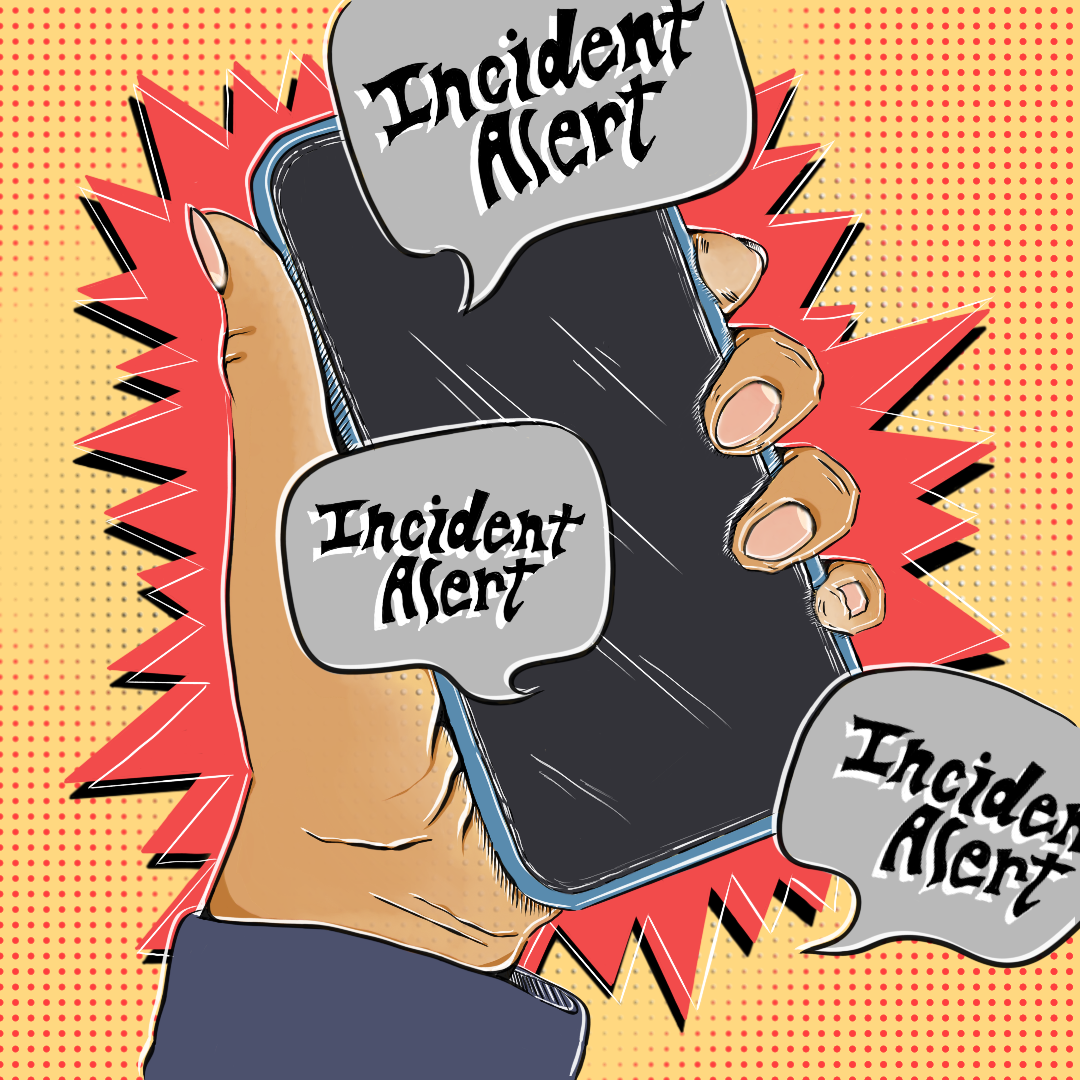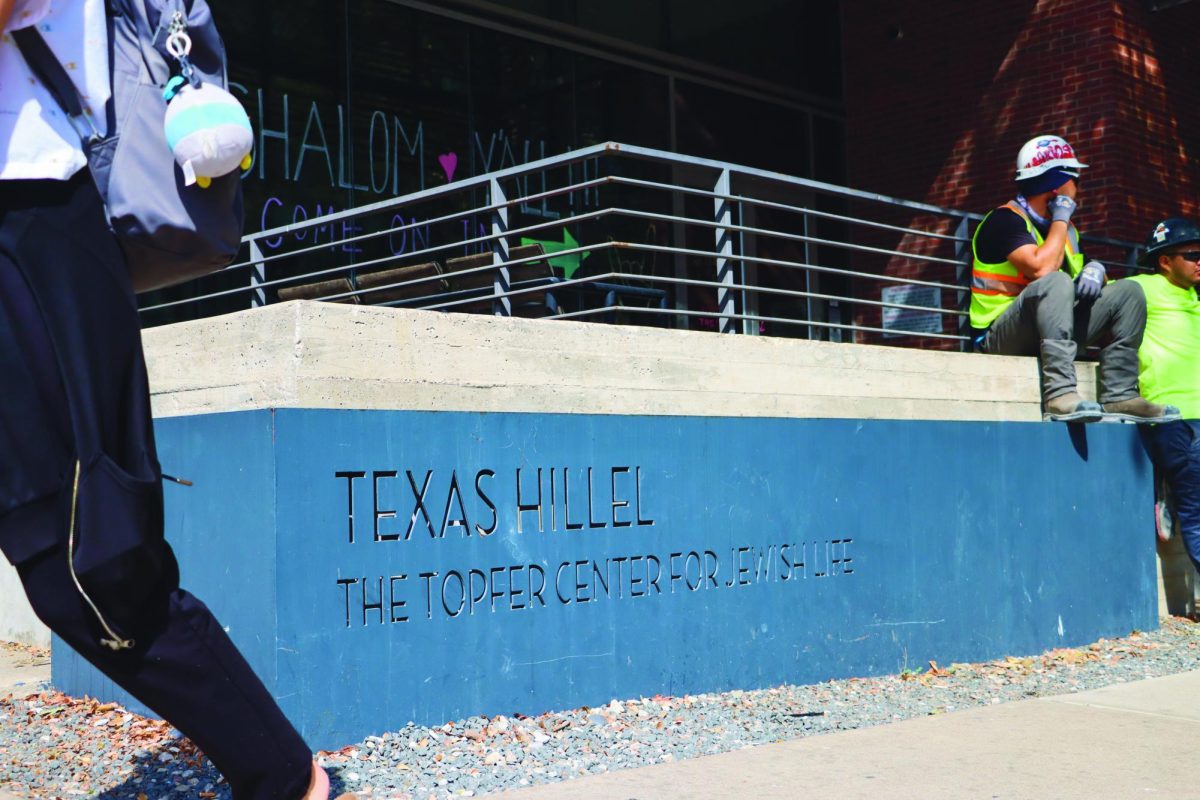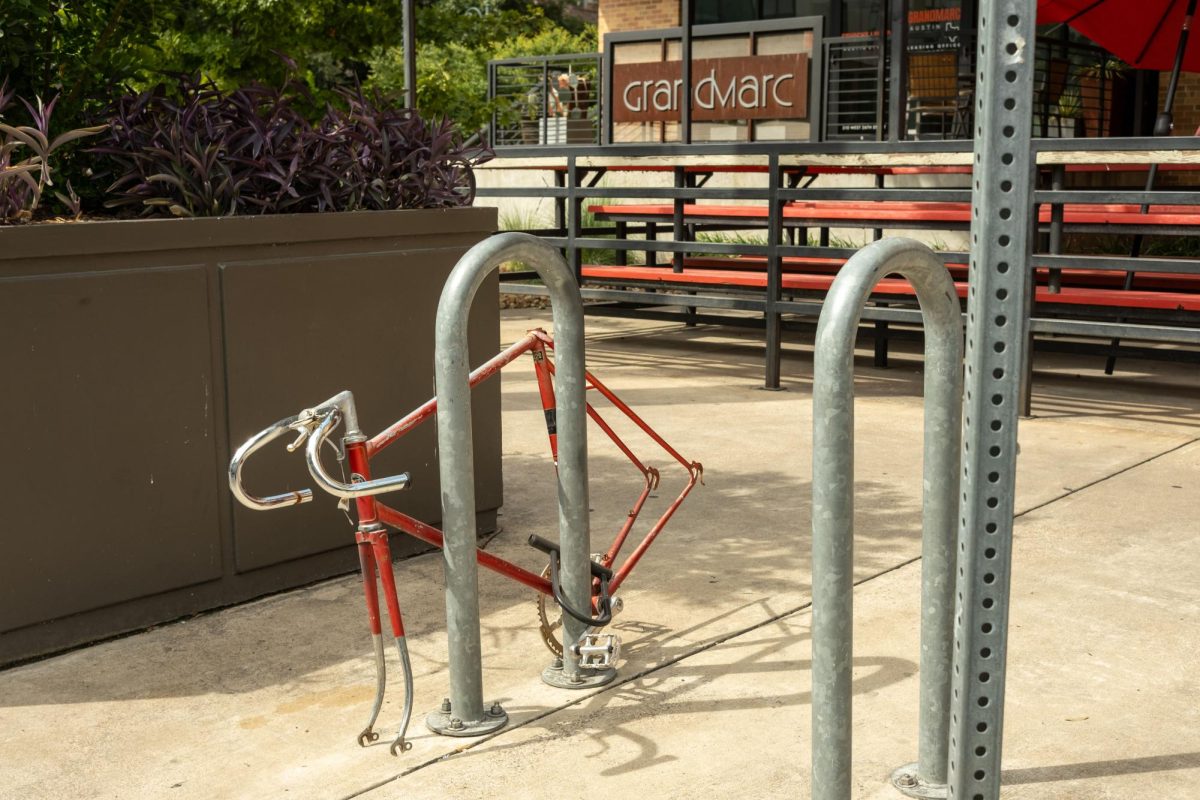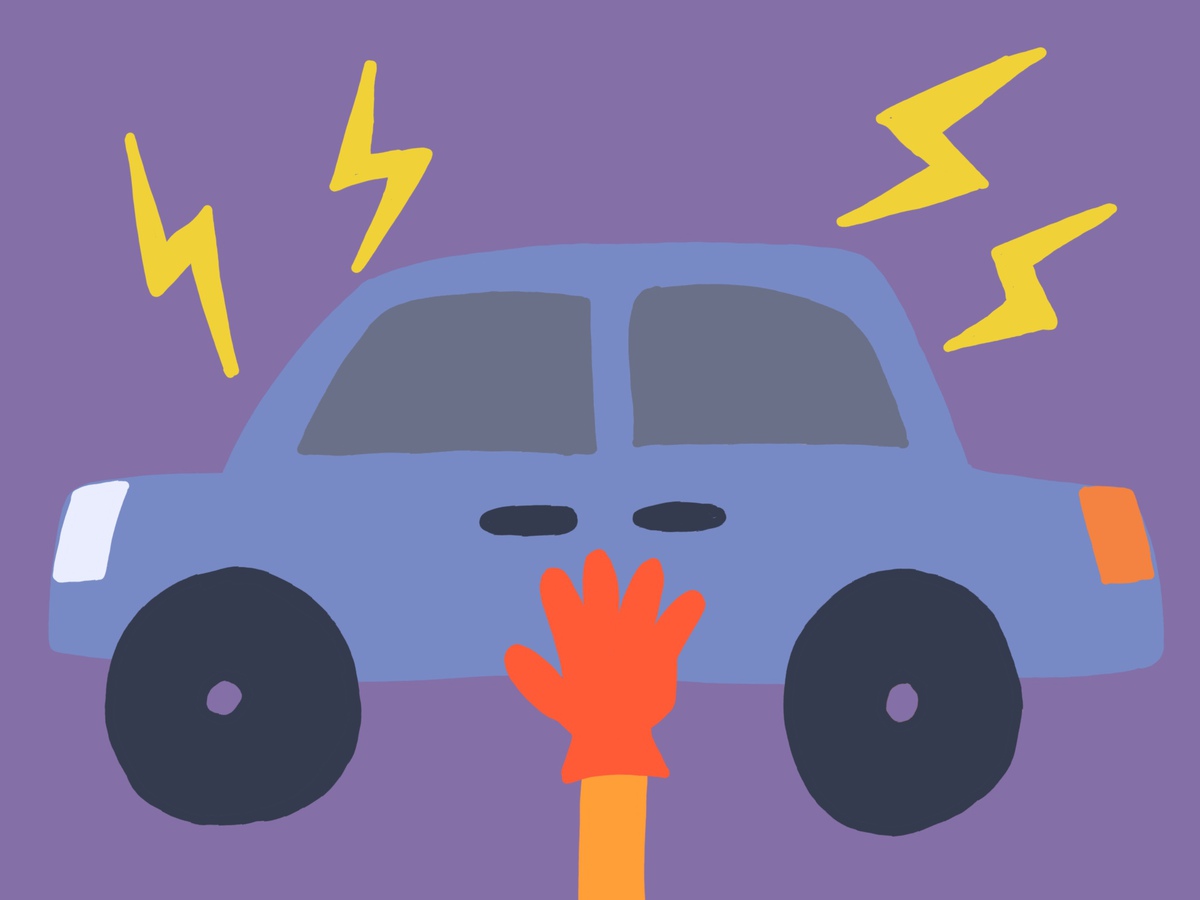Since 2015, University Health Services has facilitated only six sexual assault forensic exams, despite a recent UT survey showing approximately 4,600 students reported being raped since enrollment at the University.
“While we’ve only had six cases of SAFE (Stop Abuse for Everyone) Alliance coming out and doing a forensic exams, that doesn’t mean (UHS is) only seeing six students (for sexual assault),” said Kathy Mosteller, director of Nursing Services for UHS. “It means only six wanted to go through with the evidence collection.”
The 2017 Cultivating Learning and Safe Environments, or CLASE, report, said nine percent of the UT community reported being raped while enrolled.
As reported by the Austin Chronicle, UHS announced in 2015 it would be facilitating sexual assault forensic examinations on campus. The facilitation permits sexual assault nurse examiners from SAFE Alliance, an Austin nonprofit for victims of violence and abuse, to conduct forensic exams for student sexual assault victims.
Although exams are free for UT students, and student exam information is kept confidential, Mosteller said many students are still hesitant to go through with the process.
“The majority of students that reach out to us (about sexual assault) are not interested (in the exam),” Mosteller said. “They all have their own reasons for that and we support them.”
According to UHS, getting an exam does not require sexual assault victims to report to police. Students have up to five days after the assault to receive an exam if they prefer police involvement and up to four days if they wish not to report the incident to police. If a student reports to law enforcement, their exam, or rape kit, will then be tested. Students who wish not to talk to police will have their rape kit preserved for up to two years, said Jenny Black, SAFE Alliance’s director of forensic nursing and advocacy.
Black said she is surprised more students are not aware of the exams SAFE Alliance provides on campus, as SAFE Alliance has the unique ability to come directly to students rather than students having to seek out a forensic exam themselves.
“I would assume it’s a whole lot easier (to receive an exam) if people don’t have to trek across town,” Black said.
SAFE Alliance has a total of 17 part-time and full-time sexual assault nurse examiners, Black said.
“It’s difficult work but it’s extraordinarily rewarding, because you’re able to help people who experience something terrible,” Blwack said.
Sophie Jerwick, policy and projects coordinator for UT’s Not on My Campus, a student organization working to combat sexual assault on campus, said she found out about SAFE Alliance’s on-campus forensic exams when a student victim contacted her.
“I had to learn (about) it because I had someone come to me that had been assaulted and was interested in getting a rape kit,” said Jerwick, a Plan II senior. “I had to call University Health Services and ask if they did this service at (UT), and this was after I had been a peer educator for Not on My Campus and already trained.”
Although she doesn’t exactly know why a low number of students receive exams on campus, Mosteller said UHS is taking steps to make sure more students are aware UHS makes them accessible.
“(We are) kind of stepping back (and) looking at how the service is promoted,” Mosteller said. “I don’t have all the answers, but I just know in the next few weeks we’re going to be looking at, ‘How do we improve (this)?’”



